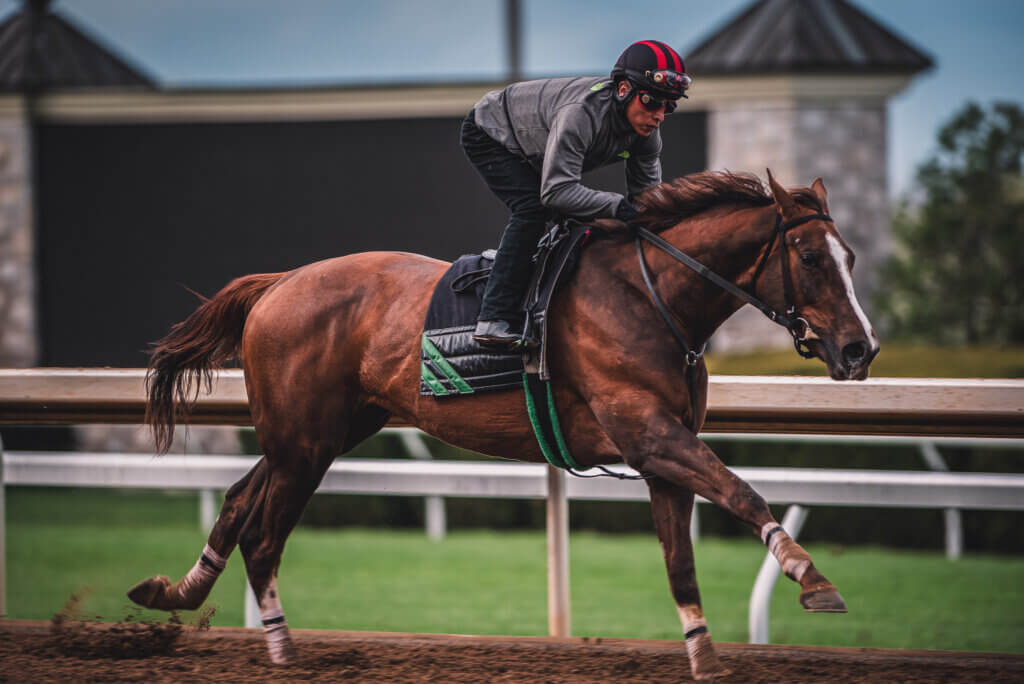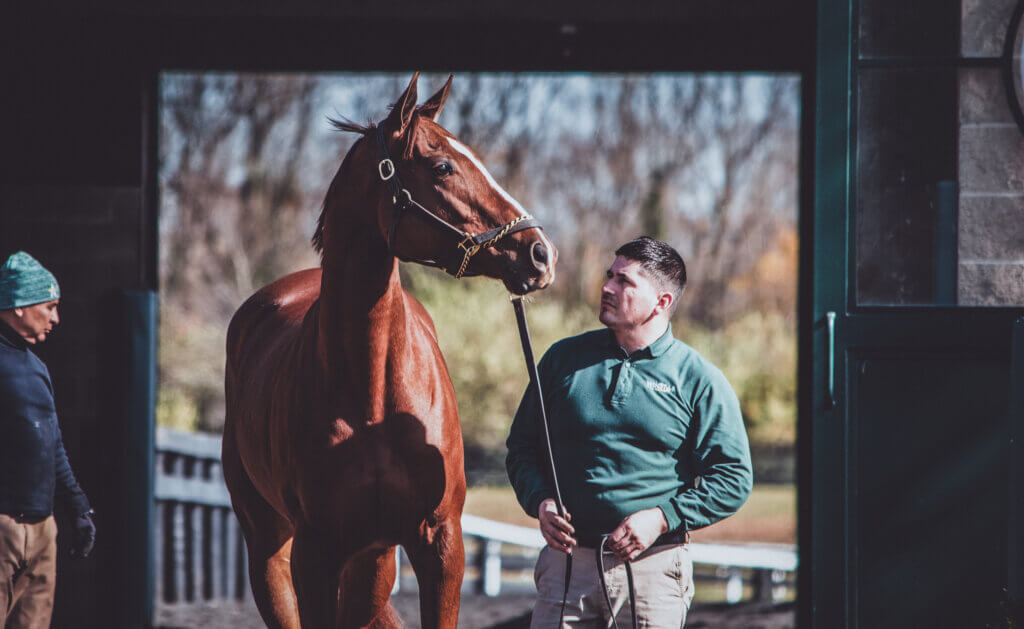It is truly a sight to behold when you see a group of horses galloping together in a pasture. They are running for the sheer joy of it, as no predators are in sight.
Evolution in Horses
Horses are an incredible species who have evolved as animals of the Plains, capable of traveling for miles at great speeds and their bodies have become ever more adapted to this evolutionary niche over millennia.
‘Evolutionary fitness’ refers to the natural selection of species members with advantages for survival and reproduction, making them better suited to their environment. Horses’ ability to run and their remarkable athleticism contribute to their evolutionary fitness. In the wild, their survival often relies on speed to escape predators, driven by a “flight or fight” response. While some may think horse racing mimics this response, those familiar with horses understand the saying: “you can lead a horse to water, but you can’t make him drink.”

Humans and Horses
The equine brain is very different from the human brain. Humans have large frontal lobes for planning and organization, but horses’ brains focus more on motor skills and senses, which helped them survive evolution. This doesn’t mean horses aren’t smart; they’re very intelligent and can learn from their surroundings, including how to avoid pain. It forms part of the reason why their bodies have evolved so well to gallop.
But, is horse racing cruel?
Based on decades of experiential data of horses willingly racing time after time, we don’t believe that racing is cruel. While we only have experiential data at present, many horse sports are grappling with ways to measure objectively how horses respond to athletic competition.
New systems of using facial expressions, biomarkers, and responses to stimuli are being created to scientifically understand horses’ responses to management practices, competition and human-horse interactions.
All horse sports are re-evaluating how they can better care for horses and measure their responses to their environment and their athletic competitions objectively. New systems of using facial expressions, biomarkers, and responses to stimuli are being created to scientifically understand horses’ responses to management practices, competition and human-horse interactions.
A study by global researchers, currently underway, will employ a combination of field-based experiments and welfare assessments to delve into the positive aspects of racehorse emotional states under both controlled conditions and real-world industry settings. By focusing on recognizing signs of pleasure and contentment, the research aims to develop and refine practical tools that will enable horse caretakers, trainers, and industry professionals to better understand and interpret the feelings of their horses.
Only when we have such scientific data can we truly measure responses and answer these important gaps in our knowledge so that we can continue to improve the care and well-being of horses in all sports.
sources
A Good Life for Horses, accessed at https://equinewellbeing.fei.org/sf2023.html
Study aims to identify how horses show happiness with humans, accessed at https://www.horseandhound.co.uk/news/study-on-how-horses-show-happiness-with-humans-830408



